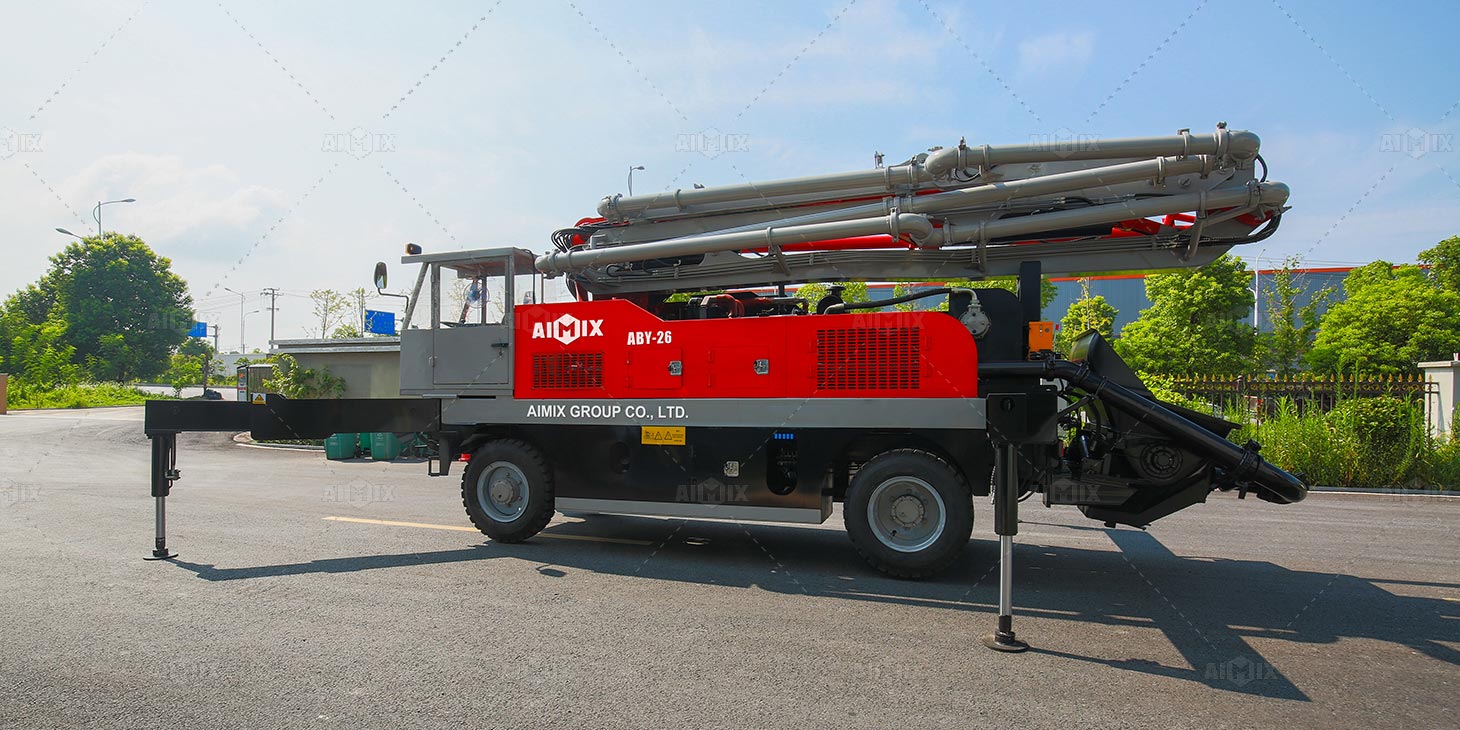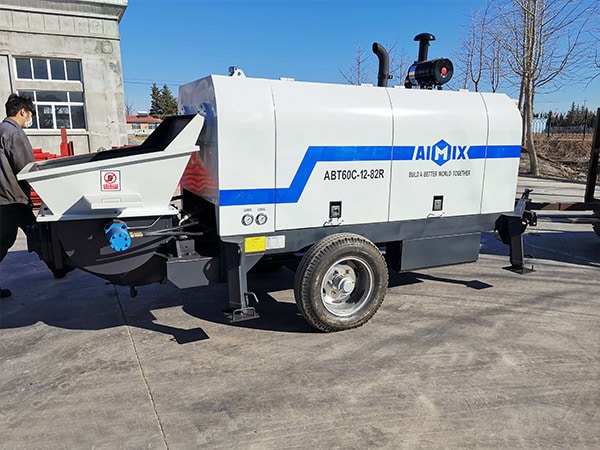Choosing the right concrete pump for your construction project can significantly influence both efficiency and cost. In the realm of concrete pumping, two primary options dominate the landscape: static and mobile concrete pumping equipment. Each type comes equipped with its own set of advantages and limitations, making the decision a nuanced one. This article delves into the intricacies of both static and mobile concrete pumps, providing clarity on their functionalities, ideal applications, and the vital factors to consider when making your choice.

Understanding Static Concrete Pumps
Static concrete pumps are large, robust machines typically stationed at a fixed location on a construction site. Their primary function is to deliver concrete over significant distances, particularly in high-rise construction and large-scale projects. These static concrete pumps are characterized by their impressive power and efficiency, enabling them to handle substantial volumes of concrete with ease.
Advantages of Static Concrete Pumps
One of the most compelling advantages of static concrete pumps is their ability to pump concrete over long distances. This feature is particularly beneficial in high-rise construction where the concrete must ascend to great heights. Additionally, static pumps often boast a higher pumping capacity compared to their mobile counterparts, allowing for quicker project completion. Their stability and robust construction also lend themselves well to continuous operation, making them an ideal choice for large-scale projects that require a steady flow of concrete.

Ideal Use Cases
Static concrete pumps are best suited for projects that demand high output and sustained pumping over extended periods. Examples include large commercial buildings, bridges, and infrastructure projects where fixed positioning allows for efficient concrete distribution. Their capacity to handle high volumes makes them particularly advantageous in environments where multiple pours are necessary throughout the day.
Exploring Mobile Concrete Pumps
Mobile concrete pumps, in contrast, are designed for versatility and mobility. These pumps, mounted on trucks or trailers, can be easily transported to different locations, making them ideal for projects with varying site requirements. Their ability to adapt to changing conditions and move with ease distinguishes them from static pumps.
Advantages of Mobile Concrete Pumps
The foremost advantage of mobile concrete pumps lies in their convenience. These pumps can navigate challenging terrains and reach remote locations that might be inaccessible to static pumps. Their compact design allows for quick setup and teardown, which is invaluable in projects that require flexibility in scheduling and site management. Moreover, mobile concrete pump can be employed effectively in smaller projects, making them a cost-effective solution for many contractors.
Ideal Use Cases
Mobile concrete pumps shine in residential construction, small to medium-sized commercial projects, and sites where accessibility is a concern. They are particularly effective for pouring concrete in tight spaces or when multiple locations on a site require attention. Additionally, their adaptability makes them suitable for projects that may evolve over time, allowing contractors to pivot as necessary.
Key Considerations for Selecting the Right Pump
When faced with the decision between static and mobile concrete pumps, several factors warrant careful consideration. The scale of your project is paramount; larger, more complex undertakings might lean towards static pumps due to their efficiency and capacity. Conversely, if your project involves multiple small pours or requires mobility, a mobile pump could be the better choice. Additionally, site accessibility, project duration, and budget constraints further influence this decision. Check the different types of concrete pump and choose a right one: https://aimixconcretesolution.com/concrete-pump/types/.
Ultimately, understanding the unique characteristics of static and mobile concrete pumps empowers construction professionals to make informed choices that align with their project requirements. By weighing the benefits and limitations of each type, you can ensure that your concrete delivery system is optimized for success, enhancing both productivity and cost-effectiveness in your construction endeavors.
